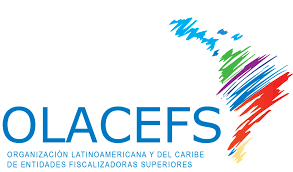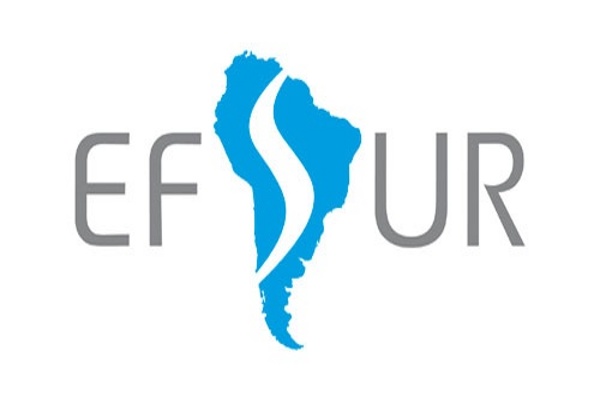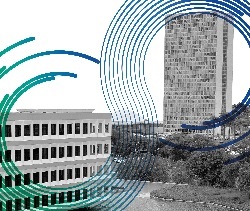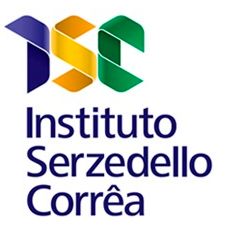TCU and the Latin American and Caribbean Organization of Supreme Audit Institutions – OLACEFS
The Latin American and Caribbean Organization of Supreme Audit Institutions – OLACEFS
President: Comptroller General of the Republic of Paraguay, Camilo D. Benítez Aldana
Executive Secretary: Auditor General of Mexico, David Rogelio Colmenares Páramo

The Latin American and Caribbean Organization of Supreme Audit Institutions – OLACEFS is an international, autonomous, independent, apolitical, and permanent organization, born in 1963, in Caracas, Venezuela, as a result of the First Latin American Congress of Audit Institutions – CLADEFS, given the need for a superior forum to exchange ideas and experiences related to auditing and government control, as well as the promotion of cooperation and development relations between these entities. The Congress recommended the creation of a Latin American Institute for Fiscal Control, which would carry out specialized research functions and serve as a center for information, teaching, coordination, and mutual assistance between audit institutions.
OLACEFS, successor to the ILACIF, was created in 1990 in an Extraordinary Assembly held in Buenos Aires / Argentina. Its creation is a result of the need to respond to the demands for greater institutionalization of cooperation among Supreme Audit Institutions (SAIs) of the subcontinent. OLACEFS encourages specialized scientific research and develops activities of study, training, specialization, consultancy and technical assistance, information and coordination, all in order to promote the development and improvement of member SAIs. The organization, currently composed of 22 member SAIs, is part of one of the regional groups of the International Organization of Supreme Audit Institutions (INTOSAI).
OLACEFS is composed of the following bodies: General Assembly; Board of Directors; Presidency; Executive Secretary; Technical Commission on Good Governance Practices (CTPBG); Technical Commission for Performance Evaluation of SAIs and Performance Indicators (CEDEIR); Special Technical Commission for the Environment (COMTEMA); Commission for Citizen Participation (CPC); Commission of Information and Communication Technologies (CTIC) and Capacity Building Committee (CCC)
The Federal Court of Accounts - Brazil (TCU), member of OLACEFS since its creation, has presided over the Capacity Building Committee (CCC) since 2016, which is the OLACEFS body that promotes and manages the development of professional and institutional capacities of the SAI.
The Special Technical Commission for the Environment (COMTEMA) aims to contribute to the development of environmental audits by the Supreme Audit Institutions (SAIs) members of OLACEFS, promoting the control of environmental management and ensuring the strengthening and integration of SAIs of the Organization.
During the term 2018 – 2024, the COMTEMA Presidency is held by the Federal Court of Accounts - Brazil (TCU).
The TCU integrates the following OLACEFS commissions / working groups:
TCU and the EFSUR
The Organization of Supreme Audit Institutions of MERCOSUL Countries and Associated

President Pro Tempore: Comptroller General of the Republic of Paraguay, Camilo Daniel Benítez Aldana.
Executive Secretary: Auditor General of the Argentine Republic, María Graciela de la Rosa.
The Organization of Supreme Audit Institutions of the MERCOSUR and Associated Countries (EFSUR), currently composed of SAIs of Argentina, Bolivia, Brazil, Chile, Colombia, Ecuador, Paraguay, Peru, Uruguay, and Venezuela, is the result of a joint interest to follow up the acts carried out by the integration of the countries through the 1991 Treaty of Asunción, as well as the desire to exchange information and experiences of the institutions.
Likewise, the EFSUR defines actions on external control in the region through an internal body known as Joint Commission for Technical, Scientific, and Cultural Cooperation.


